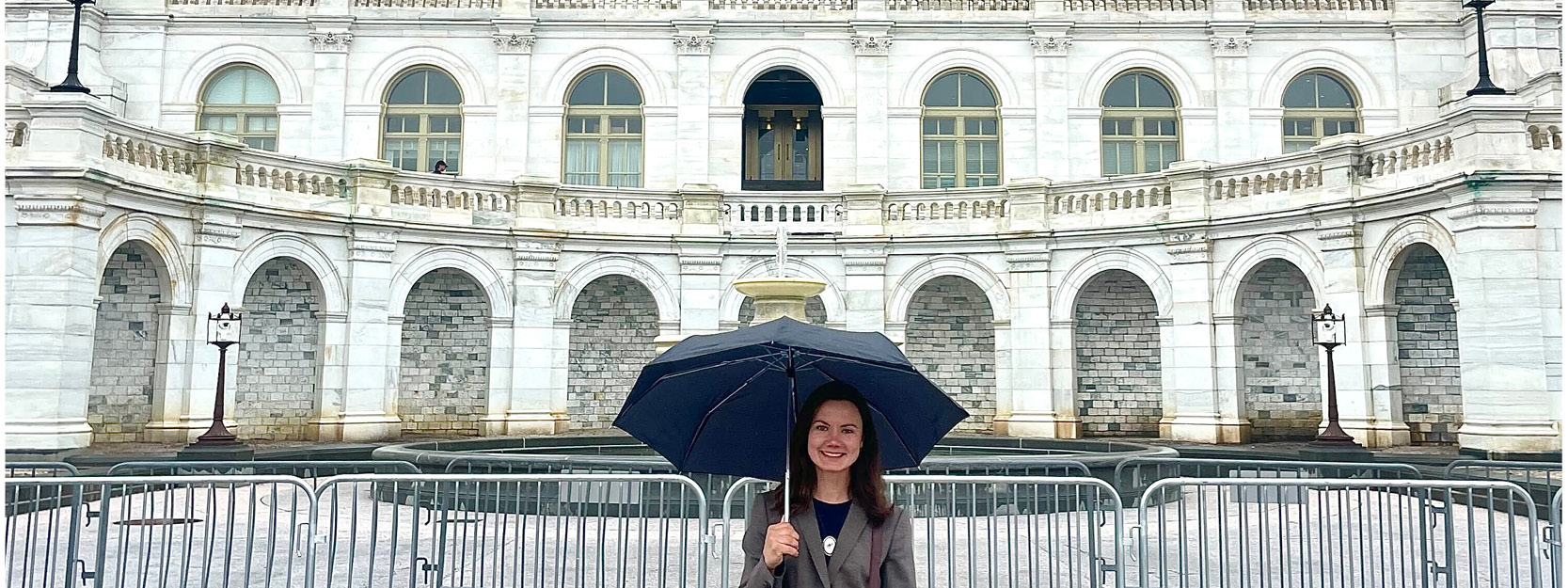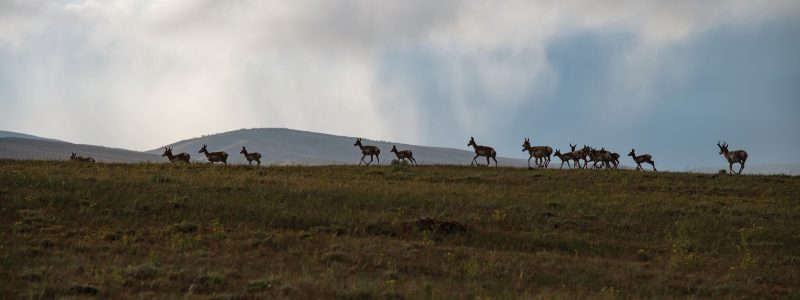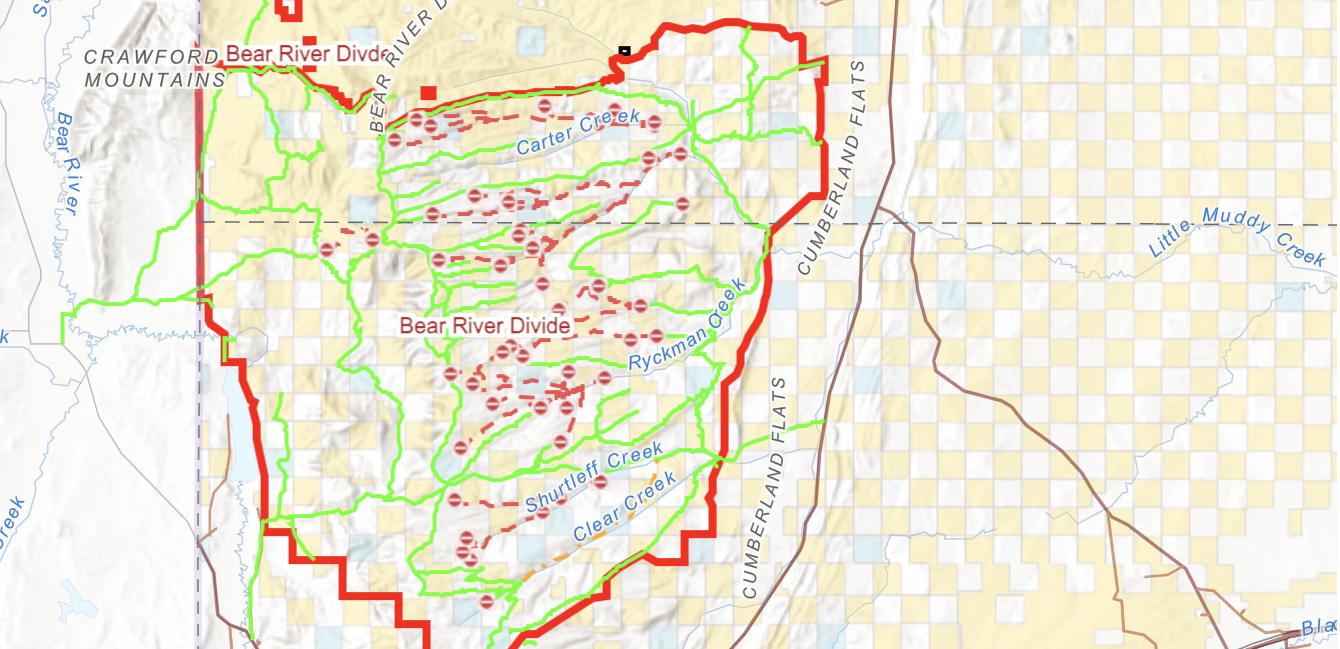For Wyomingites, it can be hard to picture the hustle and bustle that occurs in Washington D.C., the seat of our nation’s government, where all our laws and policies are formed. Even more difficult can be tracking these intricate workings as Congress works to pass laws that will support their current political agenda.
Politics and processes aside, most Wyomingites can agree that our vast public lands are the reason that many of us live here (and not in D.C.) — and that any efforts to threaten future access are an affront to our way of life. Last week, I had the privilege of traveling to our nation’s capital to advocate for protecting our public lands from these threats to defund and dismantle our public lands.
In February, we witnessed major staffing cuts to the federal agencies tasked with managing our public lands, forests, and national parks. In the face of a growing recreation and tourism industry, and decades of budget cuts to several vital agencies, these short-sighted reductions in force have many of us wondering just how our public lands will be appropriately managed.
Luckily, Wyomingites of all walks of life spoke up and I was proud to hand-deliver a printed letter to Wyoming’s Congressional delegation that over 1,200 citizens signed, opposing these mass federal agency layoffs. The message was well received, but our work to see our public lands stewarded for future generations is far from over.
In addition to the risks caused by our land management agencies being under-staffed and under-funded, a larger threat looms in the form of some members of Congress being dead set on selling our federal public lands, calling the sale of public lands a “great idea.”
In response to the threat, U.S. Senators voted on an amendment brought by Sen. Martin Heinrich (D-New Mexico) late on Friday, April 4, that would have prevented the sell-off of lands from being included in Congress’ upcoming budget reconciliation.
Our lawmakers had the opportunity to protect our public lands from being sold off to pay for future tax cuts — and, unfortunately, they failed to do so. The amendment died on a 48–52 vote, leaving the threat of land sell-off on the table. Even more unfortunate was the fact that both Wyoming Senators John Barrasso and Cynthia Lummis voted against the amendment.
To put it bluntly, the threats to our public lands have never been greater. With the potential sale of federal lands being included in this upcoming budget package and more federal agency layoffs right around the corner, we need Wyomingites to keep speaking up on these issues so that our delegation hears them. Now more than ever, those of us who love our public lands need to fight to ensure they remain and are well stewarded.
If you haven’t signed or shared our open citizens sign-on letter defending our public lands stewards, please sign below, or consider contacting your Congressional representatives today to let them know that you value our public lands far too much for them to be sold off. Some things just aren’t for sale. As always, thanks for speaking up and stay tuned for more ways that you can help protect the best things about Wyoming.



